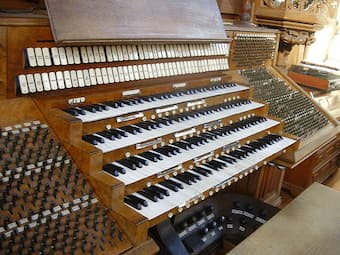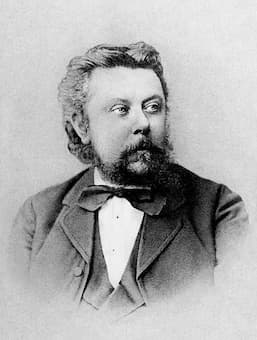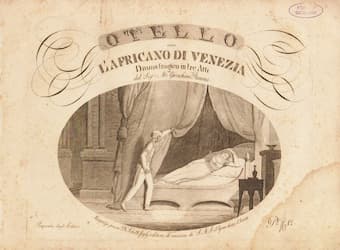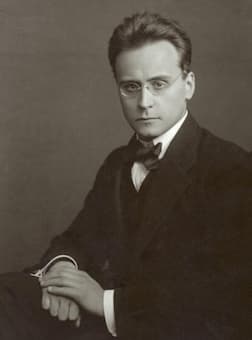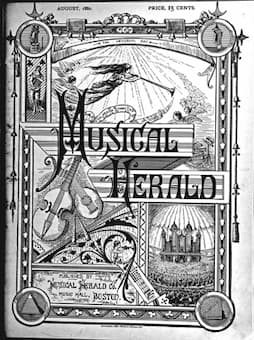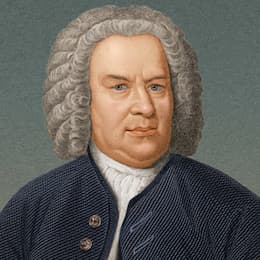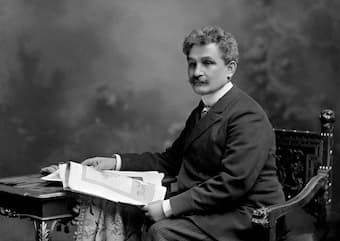We’re used to the classical orchestral sound – the violins, the winds, the mostly ignored lower brass. Žibuoklė Martinaitytė (b. 1973), a Lithuanian composer currently based in New York, uses the symphony orchestra as her instrument of many voices –
In essence
Orgue de Marcel Dupre à Meudon In 1925, Marcel Dupré (1886-1971) bought a large house in the Parisian suburb of Meudon. He quickly installed a house organ that had once belonged to the revered organist Alexandre Guilmant (1837-1911). Aristide Cavaillé-Coll
When many composers do songs about death, it’s death as an abstract concept. In Mussorgsky’s Song and Dances of Death, however, Death (capital D) is an active character. He rocks babies, he sings to children, he gets drunk men to
We celebrate Gioachino Rossini (1792-1868) as one of the most successful and popular operatic composers of his time. And although you might never have actually seen or heard a complete Rossini opera, I am sure you know a good many
Anton Webern (1883-1945) is best known to us as part of the Second Viennese School with his teacher Arnold Schoenberg and fellow-student Alban Berg. Before he was a radical atonal composer, however, he was a nice Romantic composer whose idol
For a good many people, including some practicing musicians, music history can be a somewhat distant and dry subject. Educators, scholars and critics have long searched for ways to make this particular subject more palatable. The Musical Herald started publishing
If you listen to the recordings by Glenn Gould playing Bach, you can’t help but notice that he kept singing, humming or groaning along as he plays. Since audio engineers were not always successful in erasing his voice from the
The nationalism that hit the 19th century and carried through to the 20th century had a profound effect on music. Music that had been ignored for its folk-like character, or its non-urban nature, became the basis for new works that


